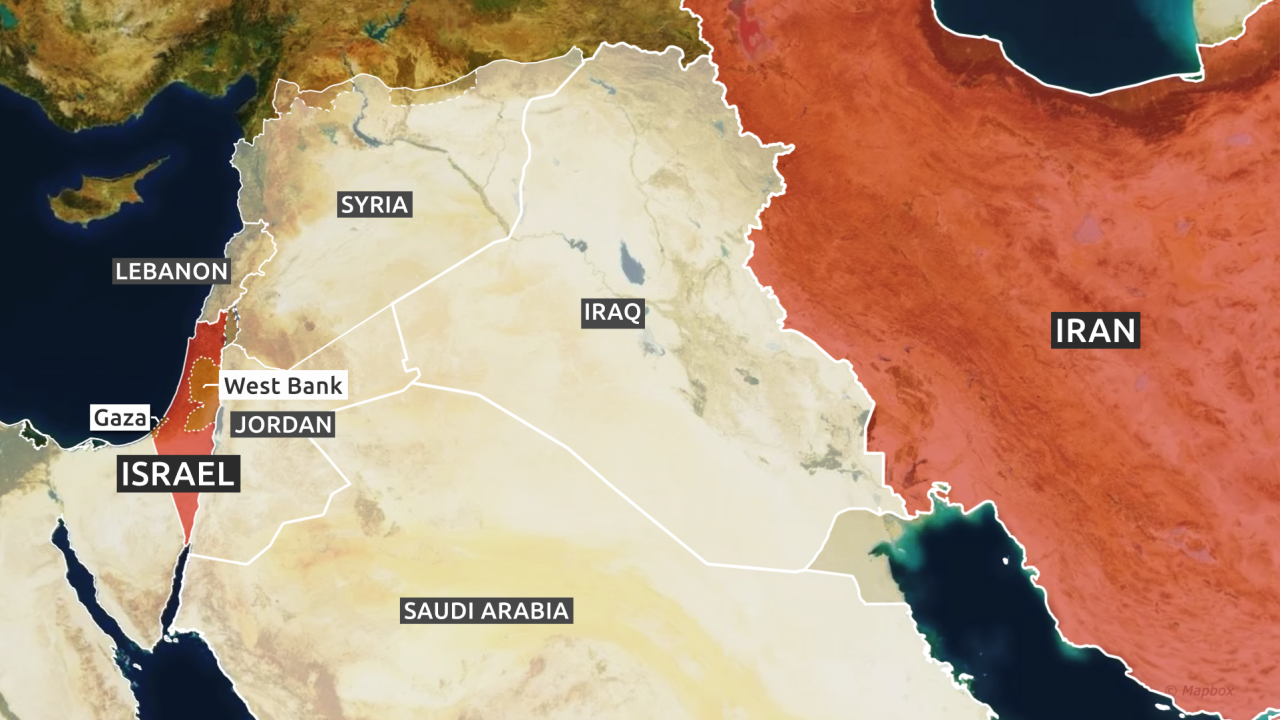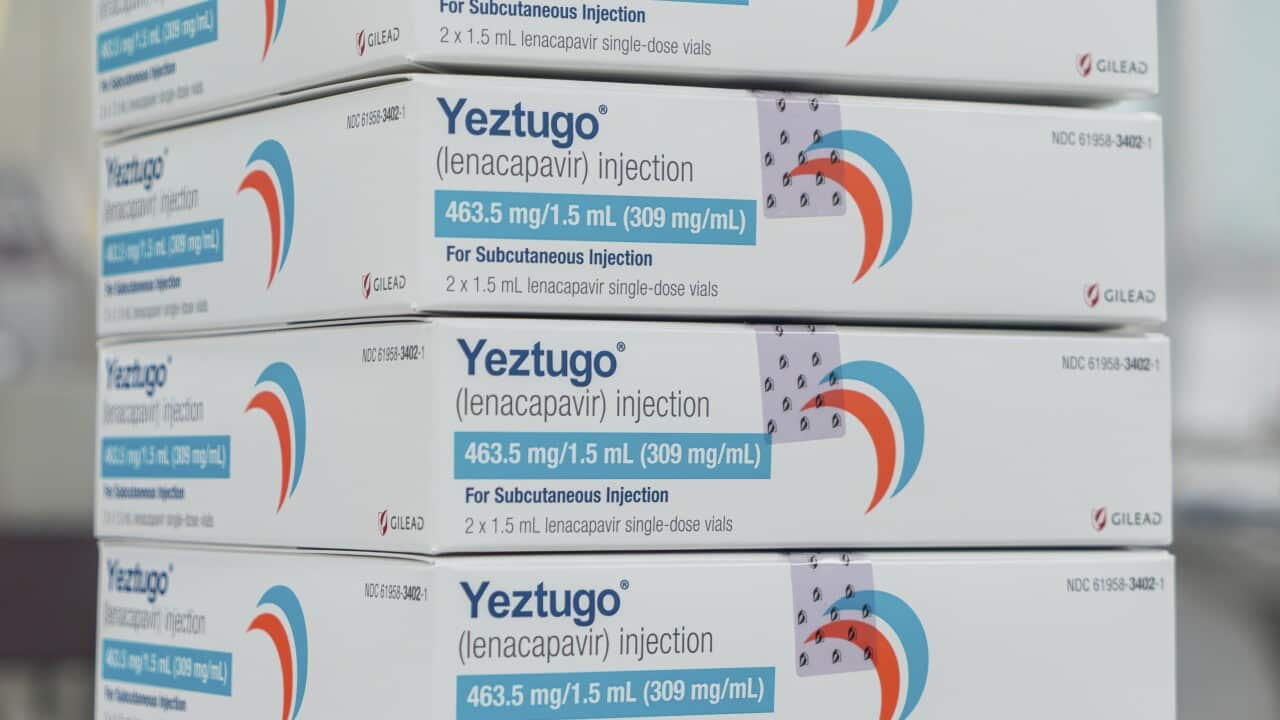Key points
- Israel said several civilian areas, including a hospital, were hit by Iranian missile strikes on Thursday.
- Tehran residents fled as Israel hit police headquarters and missile facilities.
- An area near the heavy water facility of the Khondab nuclear facility has been targeted by Israel.
A hospital in southern Israel was hit during a barrage of “dozens” of Iranian missiles on Thursday, Israeli officials said, as the conflict between the two countries nears its second week.
“A direct hit has been reported at Soroka Hospital in Beersheba, southern Israel. More details to follow,” the Israeli foreign ministry posted on X.
A spokesperson for the hospital reported “damage to the hospital and extensive damage in various areas. We are currently assessing the damage, including injuries. We ask the public not to come to the hospital at this time”.
Iran’s Revolutionary Guard said it was targeting Israeli military and intelligence headquarters near the hospital.
Trails of missiles and interception efforts were visible in the skies over Tel Aviv, with explosions heard as incoming projectiles were intercepted. Israeli media also reported direct hits in central Israel.
A spokesperson for Soroka hospital said some areas had experienced “extensive damage” after an Iranian strike. Source: AFP / John Wessels
In a post on X, Israeli Prime Minister Benjamin Netanyahu said that Iran would “pay a heavy price” for the attacks on the hospital and in central Israel.
Israeli defence minister Israel Katz vowed Iran’s supreme leader Ayatollah Ali Khamenei would be “held accountable, and said he and Netanyahu had instructed the Israeli army to “increase the intensity of attacks” against targets in Iran.
A week of Israeli air and missile strikes against its major rival has wiped out the top echelon of Iran’s military command, damaged its nuclear capabilities and killed hundreds of people, while Iranian retaliatory strikes have killed two dozen civilians in Israel.
The worst-ever conflict between the two regional powers has raised fears that it will draw in world powers and deliver another blow to the Middle East, where the spillover effects of the Gaza war have undermined stability.
On Thursday, a missile warning was issued by Israel’s military and explosions were heard over Tel Aviv and Jerusalem.
The Israeli military said several civilian areas were hit by Iranian missile strikes.
Israel’s Magen David Adom (MDA) rescue service said on Thursday that at least 47 people were injured in Iran’s latest missile strikes, updating an earlier toll and reporting 18 more injured “while running to shelter”.
Three people are in serious condition, and two are in moderate condition, an MDA spokesperson said in a statement, adding that “an additional 42 people sustained minor injuries from shrapnel and blast trauma, and 18 civilians were injured while running to shelter”.
Rescue workers and military personnel inspect the site of a direct hit from an Iranian missile strike in Ramat Gan, Israel. Source: AAP / AP / Oded Balilty
The Israeli military said on Thursday it had targeted the nuclear reactor in the area of Arak in Iran overnight.
Iranian media reported two projectiles hitting an area near the facility, which had been evacuated, and there were no reports of radiation threats.
Israel’s military said it also struck a site in the area of Natanz, which it said contains components and specialised equipment used to advance nuclear weapons development.
Earlier, air defences were activated in Tehran, intercepting drones on the outskirts of the capital, the semi-official SNN news agency reported.
Since Israel launched airstrikes against Iran on Friday, Iran has fired around 400 missiles at Israel.
Some 40 have pierced air defences, killing 24 people, all of them civilians, according to Israeli authorities.
The Iranian missile salvos mark the first time in decades of shadow war and proxy conflict that a significant number of projectiles fired from Iran have penetrated defences, killing Israelis in their homes.
Iran has reported at least 224 deaths in Israeli attacks, mostly civilians, but has not updated that toll for days. Some US-based groups have put the figure much higher.
Smoke rising from Tehran after an Israeli attack. At least 200 people have reportedly been killed by Israeli strikes in the past week. Source: AAP / AP / Vahid Salemi
Trump declines to say if US will join Israel’s campaign
Meanwhile, US President Donald Trump has told reporters he will not say whether he has decided to order a US strike on Iran, a move Iranian officials again warned would be greeted with stiff retaliation if it happens.
US President Donald Trump said Iran had sought talks with his administration, but dismissed those efforts as “too late”. Source: Getty / Tasos Katopodis
“I may do it. I may not do it. I mean, nobody knows what I’m going to do,” he said.
Trump later said Iranian officials wanted to come to Washington for a meeting.
“We may do that”, he said, adding “it’s a little late” for such talks.
A source familiar with internal discussions said Trump and his team were considering options that included joining Israel in strikes against Iranian nuclear installations.
But the prospect of a US strike against Iran has exposed divisions in the coalition of supporters that brought Trump to power, with some of his base urging him not to get the country involved in a new Middle East war.
Senior US Senate Democrats urged Trump to prioritise diplomacy and seek a binding agreement to prevent Iran from attaining nuclear weapons, while expressing concern about his administration’s approach.
“We are alarmed by the Trump administration’s failure to provide answers to fundamental questions. By law, the president must consult Congress and seek authorisation if he is considering taking the country to war,” they said in a statement.
Iranian Supreme Leader Ayatollah Ali Khamenei rebuked Trump’s earlier call for Iran to surrender in a recorded speech played on television, his first appearance since Friday.
“Any US military intervention will undoubtedly be accompanied by irreparable damage,” he said. “The Iranian nation will not surrender.”
Residents of Tehran, a city of 10 million people, jammed highways out of the city on Wednesday.
Arezou, a 31-year-old Tehran resident, told the Reuters news agency by phone that she had made it to the nearby resort town of Lavasan.
“My friend’s house in Tehran was attacked and her brother was injured. They are civilians,” she said.
“Why are we paying the price for the regime’s decision to pursue a nuclear program?”










